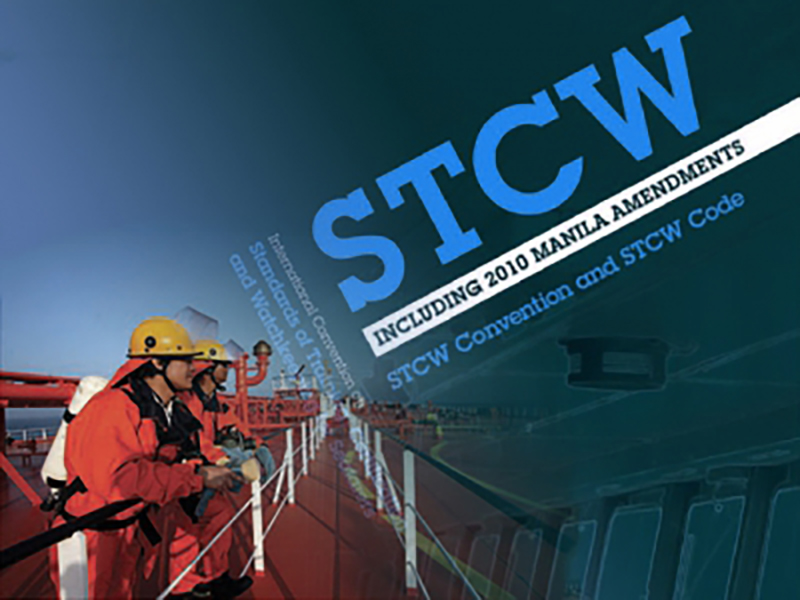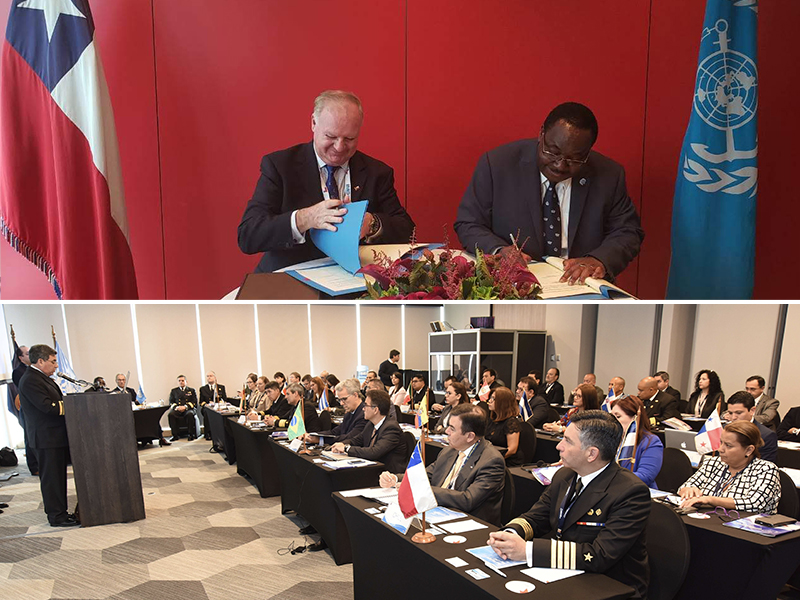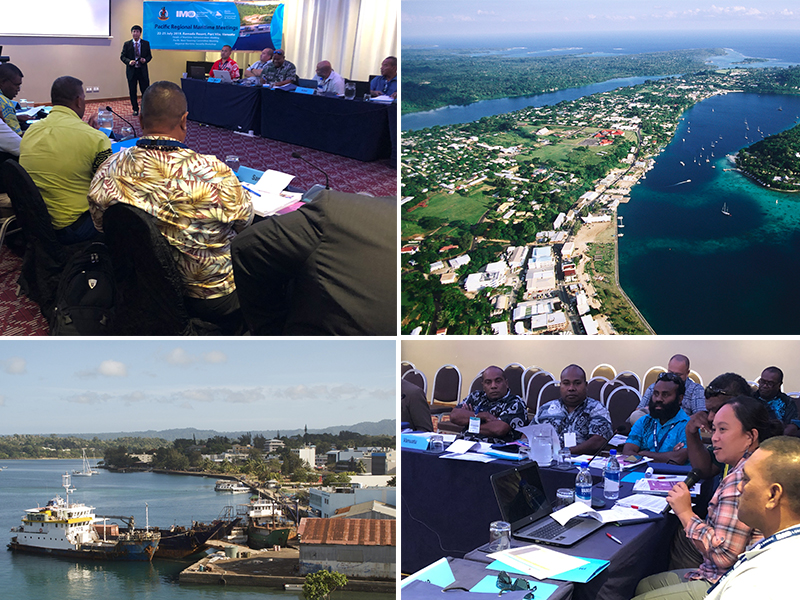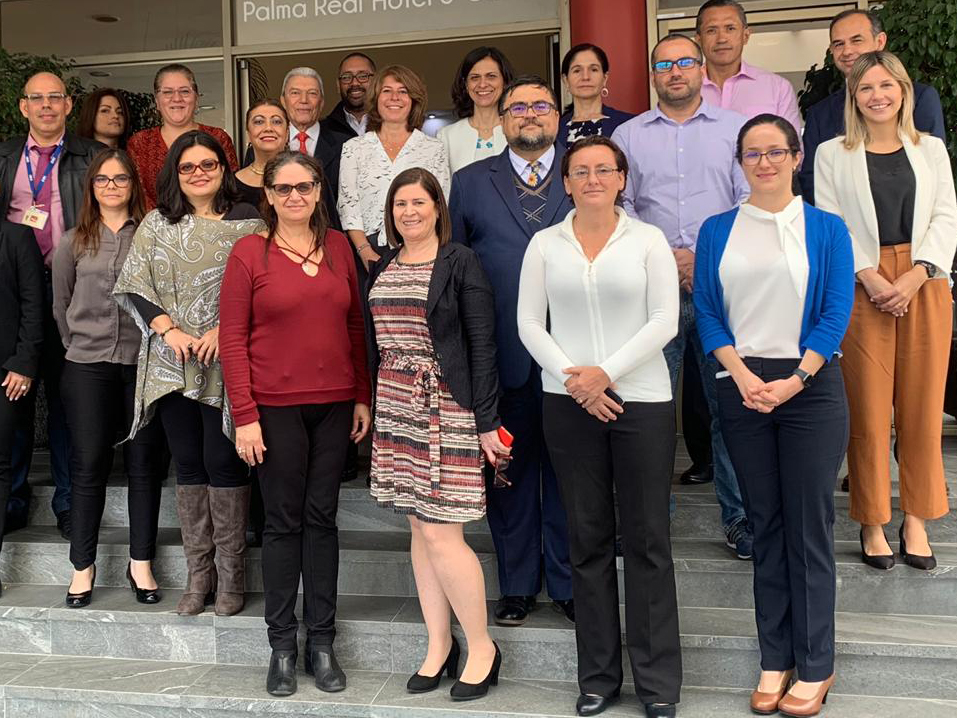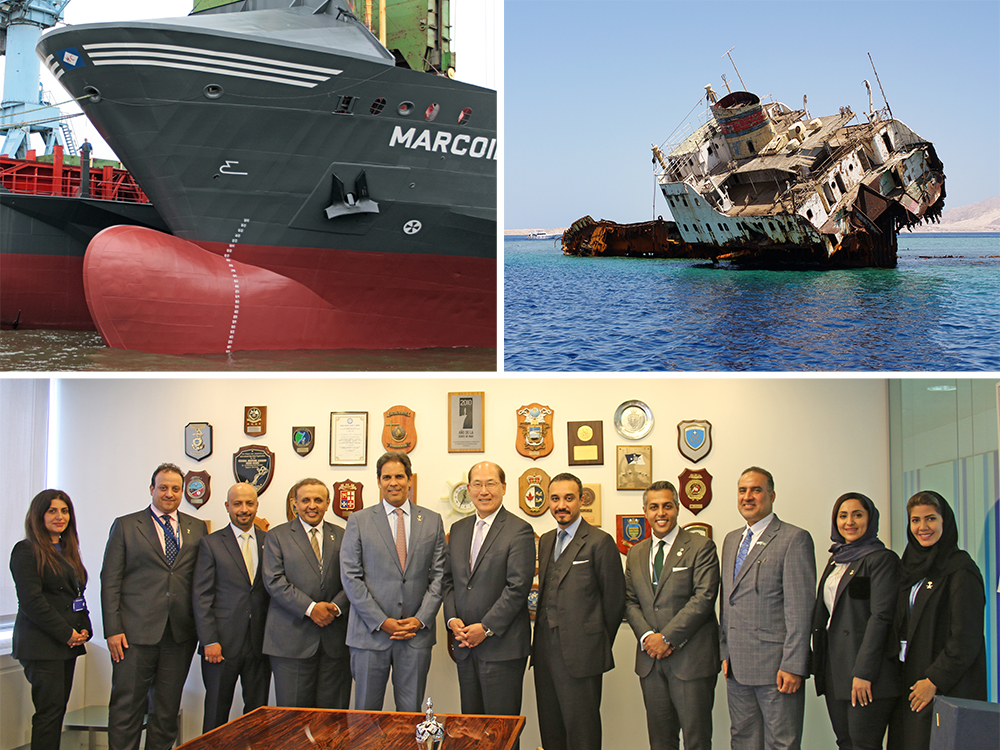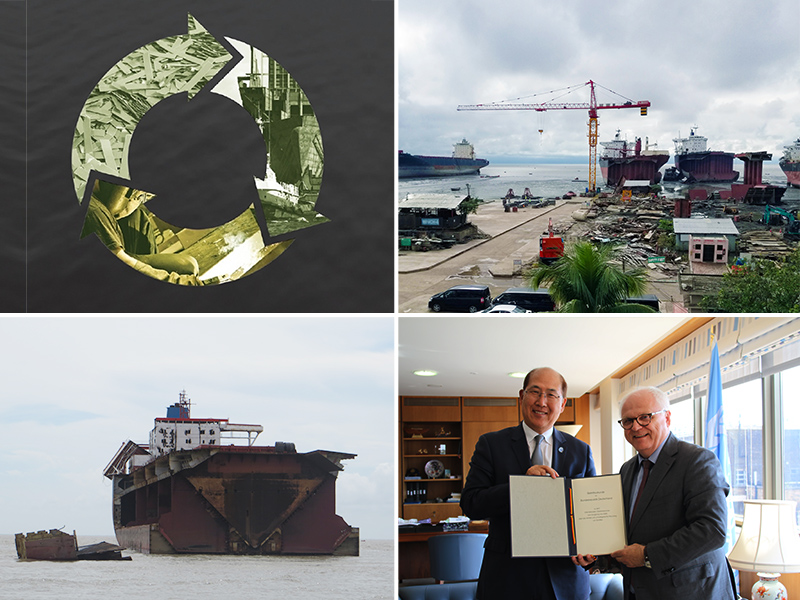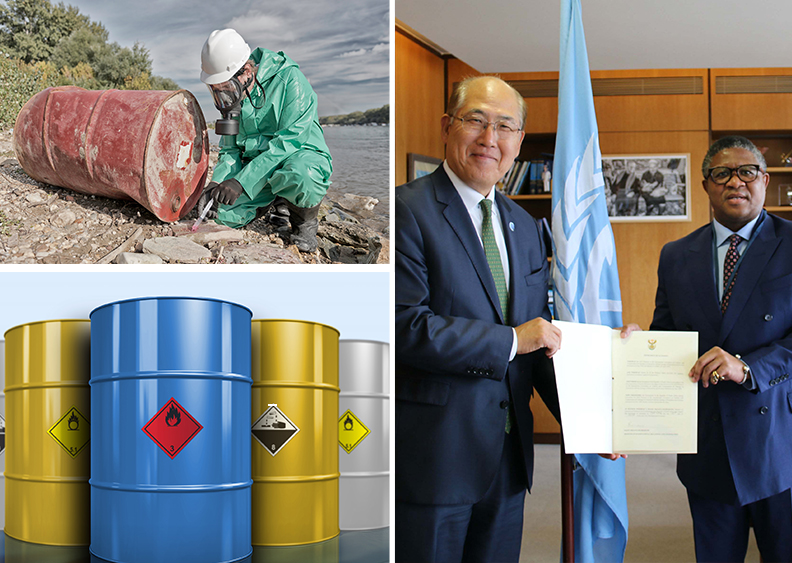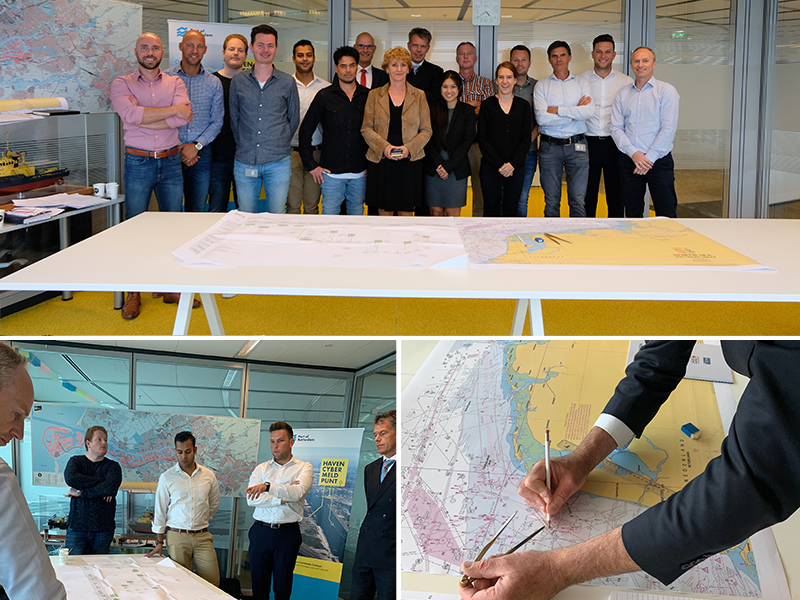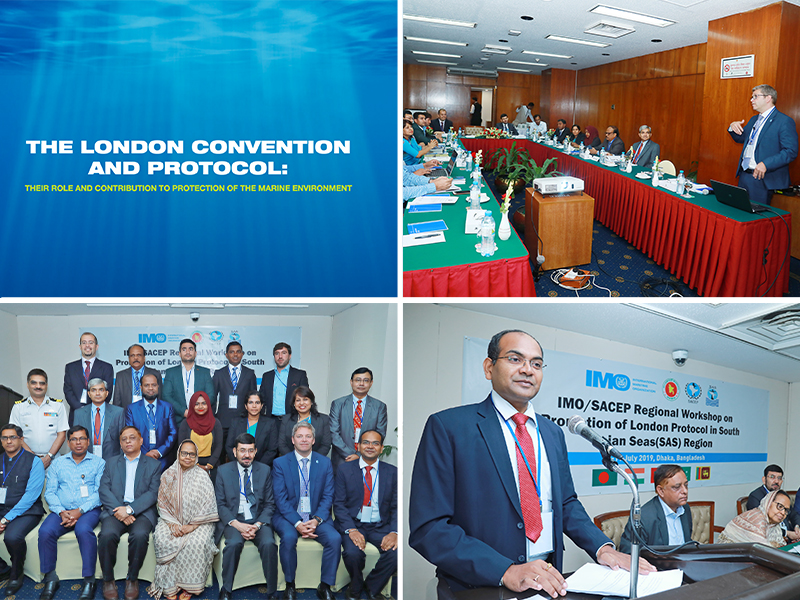Whats New 2019
Timor Leste benefits from STCW training
The safety and security of life at sea, protection of the marine environment and over 90% of the world's trade depends on the professionalism and competence of seafarers. That is why IMO's International Convention on Standards of Training, Certification and Watchkeeping for Seafarers (STCW), must be ratified and then implemented properly. IMO provides member states with training and capacity building, to support ratification and implementation of IMO treaties. In Tibar, Timor-Leste (July 22-26), IMO held a workshop on the ratification and effective implementation of the STCW Convention, more...
IMO/Chile agreement to expand capacity building in the Caribbean
IMO has signed a new Memorandum of Understanding (MoU) with the Republic of Chile, to extend Chile's technical assistance to countries in the Caribbean region, in addition to Latin America. The MoU on Technical Cooperation, signed by the Directorate General of Maritime Territory and Merchant Marine (DIRECTEMAR) of the Republic of Chile strengthens the collaboration between IMO and DIRECTEMAR for the provision of technical assistance in the Latin America and the Caribbean Region. This will particularly support the provision of experts (including Spanish-speaking experts) to deliver training in Latin America and the Caribbean. more...
Building good maritime security in the Pacific
Good maritime and port security is the enabler for maritime and economic development through maritime trade. It can be taken for granted when it works, but maintaining good security is essential. To support this, IMO and the Pacific Community, in collaboration with the Government of Vanuatu, are holding a Regional Maritime Security Workshop in Port Vila, Vanuatu (22-25 July). The workshop coincides with IMO Secretary General Kitack Lim's visit to Vanuatu, Fiji and Australia - the first time an IMO Secretary General visits the South Pacific (photos). more...
Liability regime training in Costa Rica
The IMO instruments covering liability and compensation for damage, such as pollution, caused by ships are a key element in the global treaty regime adopted by IMO. A national workshop in Costa Rica (16-18 July) provided an opportunity for national participants to learn about the relevant treaties, their principles and implementation, with an additional focus on compensation and claims. more...
Further accessions for two important IMO instruments
Saudi Arabia has acceded to two important IMO treaties – the 1988 Protocol to the International Convention on Load Lines and the Nairobi International Convention on the Removal of Wrecks. The 1988 Load Lines protocol harmonizes the Load Lines Convention's survey and certification requirement with those contained in the SOLAS and MARPOL conventions and revises certain regulations in the technical Annexes to the convention. more...
Germany accedes to ship recycling convention
Germany is the latest country to accede to IMO's treaty for safe and environmentally-sound ship recycling – the Hong Kong Convention. The Convention covers the design, construction, operation and maintenance of ships, and preparation for ship recycling in order to facilitate safe and environmentally sound recycling, without compromising the safety and operational efficiency of ships. more...
South Africa accedes to compensation regime for hazardous and noxious cargoes
South Africa has become the latest country to accede to a key compensation treaty covering the transport of hazardous and noxious substances (HNS) by ship. When in force, the treaty will provide a regime of liability and compensation for damage caused by HNS cargoes transported by sea, including oil and chemicals, and covers not only pollution damage, but also the risks of fire and explosion, including loss of life or personal injury as well as loss of or damage to property. more...
Desktop Just-In-Time trial yields positive results in cutting emissions
"Just-In-Time" (JIT) operations have the potential to cut the time ships spend idling outside ports and help reduce harmful emissions as well as save on fuel costs. This can be achieved by communicating in advance the relevant information to the ship about the requested time of arrival - allowing the ship to adjust to optimum speed. A desktop trial in Just-In-Time ship operations has yielded positive results, showing emissions can be cut considerably. The trial was conducted by members of the IMO-led Global Industry Alliance to Support Low Carbon Shipping (GIA), at the Port of Rotterdam (10 July). more...
Prevention of marine pollution talks in South Asia region
The benefits and implications of acceding to the 1996 London Protocol on the prevention of marine pollution by dumping of wastes and other matter in the South Asian Seas Region were discussed at a regional workshop in Dhaka, Bangladesh (10-11 July). The main objectives of the workshops were to inform relevant authorities of the benefits and implications of ratifying, implementing and enforcing the London Protocol. more...
